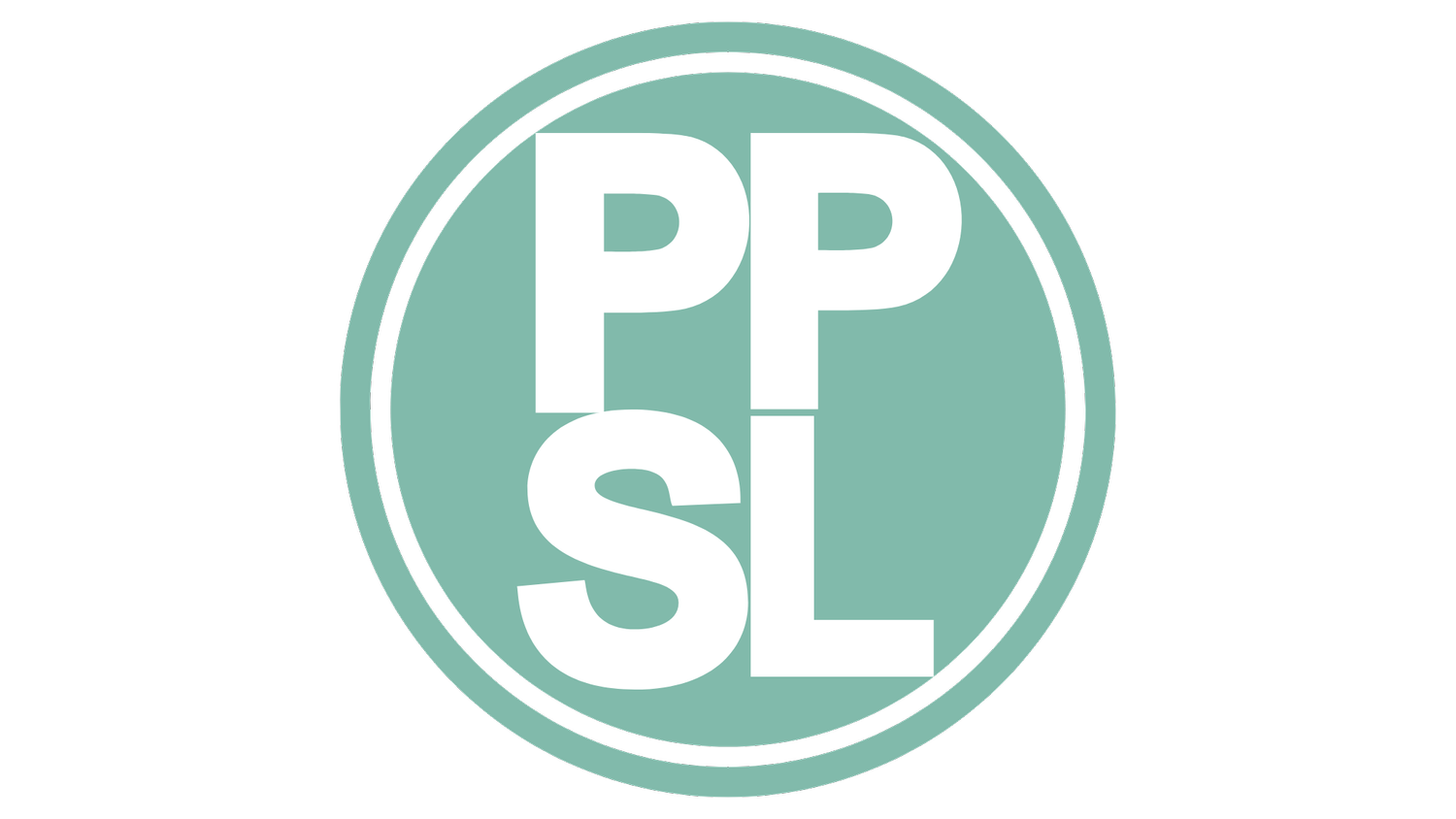UPDATE: Judge Denies Motion to Stay Settlement Relief in Sweet v. Cardona
$6 billion borrower defense settlement to proceed immediately for 200,000 borrowers
SAN FRANCISCO [February 25, 2023] – Late last night, Judge William Alsup denied the motion to stay implementation of settlement relief in the borrower defense lawsuit Sweet v. Cardona. With this order, full settlement relief granted to class members may now proceed, while the Court stayed discharges of applicants who attended a school operated by one of the three intervening entities—American National University, Everglades College, Inc., and Lincoln Educational Services, Inc.—for 7 days to allow those entities to seek a stay from the Ninth Circuit Court of Appeals.
The approved settlement would automatically cancel more than $6 billion in federal student loans for over 200,000 class members and promise streamlined review of another 64,000 applications for relief. The settlement also provides timeframes for decisions on over 250,000 applications submitted since June 2022.
Judge Alsup wrote in his decision: “Resolution of a lawsuit concerning monumental delay should not be delayed any longer by three intervenor schools who were not parties to the settlement agreement and who were not in the long, hard-fought litigation that preceded it.” Further, according to the Court, “the relief provided by this settlement (financial and otherwise) will allow plaintiffs to breathe easier, sleep easier, repair their credit scores, take new jobs, enroll in new educational programs, finish their degrees, get married, start families, provide for their children, finance houses and vehicles, and save for retirement. It will allow them not only to move on, but to move up, elevating others in the process.”
“This decision delivers a massive, long-overdue victory for our clients and validates the fact that this settlement is on solid legal ground,” said Eileen Connor, President and Director of the Project on Predatory Student Lending. “Now, hundreds of thousands of people and families who have been held hostage by the borrower defense process for so long will finally receive a fair resolution and the justice they are owed. We’re so proud of our clients for staying in this fight and overcoming countless hurdles along the way. We will continue to stand with them, including those who attended one of the intervenor schools, until the end.”
The settlement received final approval on November 16, 2022. Under court rules, there was then a window in which parties could appeal Judge Alsup’s ruling. That window was set to expire on January 17, 2023, at which point the settlement would become “effective” – meaning the Department of Education could start distributing settlement relief.
On January 13, 2023, three schools (Lincoln Educational Services Corporation, American National University, and Everglades College, Inc.) filed notices of appeal attempting to block the settlement. They also asked the District Court to stay the implementation of the settlement pending their appeals.
The appeals themselves will proceed on a separate track in the Ninth Circuit.
The borrowers are represented by the Project on Predatory Student Lending and Housing and Economic Rights Advocates (HERA).
For more information about Sweet v. Cardona and the settlement, visit our website.
About the Project on Predatory Student Lending
Established in 2012, the Project on Predatory Student Lending represents over a million former students of predatory for-profit colleges. Its mission is to use litigation to eliminate predatory practices in higher education, and to relieve current and future borrowers from fraudulent student loan debt. PPSL has won landmark cases to protect borrower rights, recover money owed, and cancel more than $10 billion in fraudulent debt. Its ongoing cases hold predatory colleges accountable and force the U.S. Department of Education to act on behalf of students and stop protecting this insidious industry.
About HERA
Housing and Economic Rights Advocates (HERA) is a California statewide, not-for-profit legal service and advocacy organization dedicated to helping Californians — particularly those most vulnerable — build a safe, sound financial future, free of discrimination and economic abuses, in all aspects of household financial concerns. It provides free legal services, consumer workshops, training for professionals and community organizing support, creates innovative solutions and engages in policy work locally, statewide and nationally.
###
